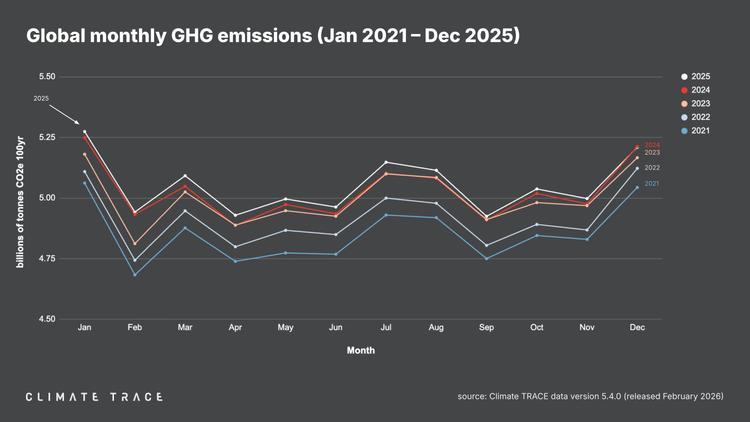Companies form coalition to accelerate AI energy efficiency
Members saved US$164 million in energy costs last year.

Over 100 companies in 15 different sectors have formed the Smart Energy Coalition, with a goal to accelerate energy efficiency solutions to power AI and data centres.
The coalition will also focus on developing and implementing smarter cooling and heating systems to better handle climate change-driven temperature extremes.







